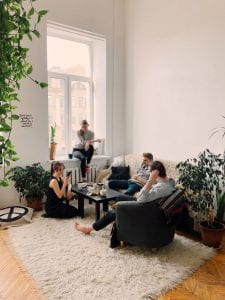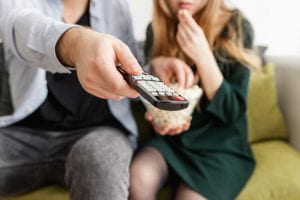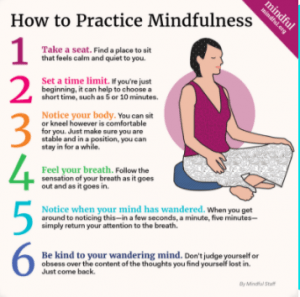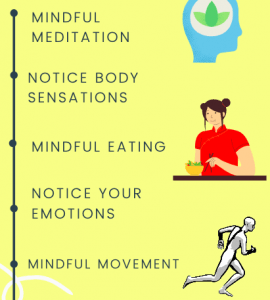Welcome back to another Recovery Student Spotlight. This week, we will be spotlighting Katherine*, a senior at DePaul. Katherine is 32 years old and Psychology major. She identifies as being in recovery from heroin use and an anxiety disorder. Katherine attends DePaul’s weekly Collegiate Recovery Community (CRC) meetings to help support her recovery.
Tell us about the Collegiate Recovery Community at DePaul
Katherine explained that when she hears “Collegiate Recovery Community,” she first thinks of the word “security.” She spoke about the value that she finds in having a safe group to go to that will listen to her nonjudgmentally. While she noted that she does not always feel like going to CRC meetings, the meetings are helpful to her recovery as they provide her with structure. Not only that, but the CRC gives her a sense of accountability to show up to support both her own recovery and the recovery of others.
Help us debunk some myths about recovery
When it comes to myths about recovery, one of the biggest myths Katherine wants to debunk is the false belief that substance use disorders are a moral issue. In fact, Katherine sees substance use disorders as something that has many different facets to it, all of which affect each person in recovery differently. Since certain substances can become begin to feel necessary for a person with a use disorder to live, this causes a reaction to do things that the person would not normally do. Because of this, Katherine does not see this as a flaw in someone’s morals.
Another myth that Katherine wants to debunk is the myth that recovery can only be effective when someone with a substance use disorder wants to recover from the beginning of the process. Katherine remembers that when she went to a recovery program back in 2017, she did not feel ready to recover. Seeing that she had the opportunity to go to another treatment program after previously trying to recover eventually made her want to give recovery another chance. From there, she started to become more physically healthy, which made her more determined to work towards recovery. Katherine explains that she is grateful to be alive and to have been given the chance to recover, even though she did not feel willing to use these resources at the beginning of the process.
What do you want the world to know about recovery and the CRC?
Something that Katherine wants other college students in recovery to know is that it is okay to struggle and seem outwardly successful at the same time. She explains that this is part of the reason why the CRC is so helpful. The CRC allows Katherine and other students to be vulnerable in talking about their struggles and feel supported by people who have similar goals to and want to be there to support and listen to one another. In fact, she claims that the CRC is one of the biggest forces that allows her to continue on her recovery journey because of the peer support that she receives and gives to others.
If you would like more information about DePaul’s Collegiate Recovery Community, feel free to email the Office of Health Promotion & Wellness at hpw@depaul.edu. Check back next week for another Recovery Student Spotlight interview! Happy Recovery Month!
*Name is shared with permission.


















